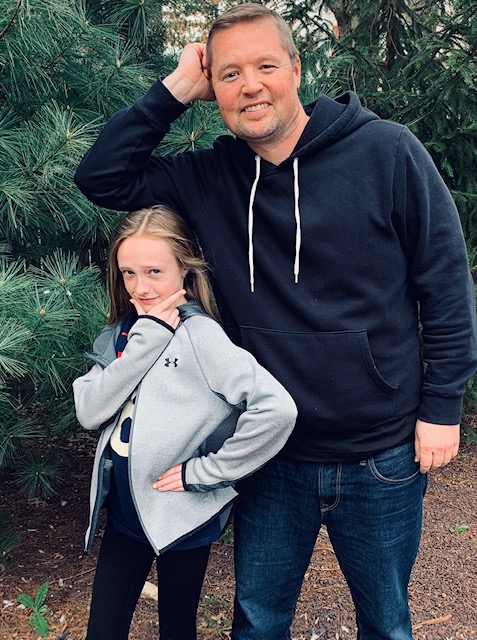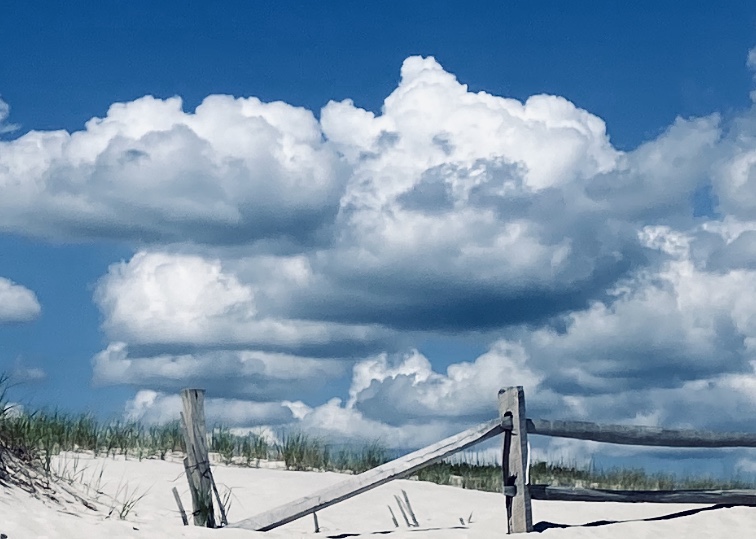What nature teaches us about ourselves
The other day a friend asked, “What are you reading?”
“The Great Gatsby.”
“Eww. We were forced to read that in high school. Why are you doing that to yourself? Haven’t you read it before?”
“Yes, I’ve read it but I just wanted to see what I missed.”
“Sounds awful. Like going to the dentist just for the fun of it.”
“What?–I like rereading great literature.”
“Nerd.”
I’m sure you’re familiar with the plot but I’ll briefly explain it after this colon:
A rich, mysterious playboy (Gatsby) loves a married woman (Daisy), stalks her from a distance, and tries to convince her, not just leave her husband (Tom), but to declare that she never loved him. A battle of wills ensues between the two men, an innocent woman is killed, and in the final chapter–Gatsby goes for a swim.
It has all of the bones of a Lifetime movie.
As all this human drama unfolds in lavish, gaudy mansions of East and West Egg, New York while the majesty of the natural world unfolds like an expensive silk shirt. Sun rises, sun sets, seasonal changes and the self-absorbed characters don’t notice the show they’re missing.
“The sunshine and the great bursts of leaves growing on the trees.”
(F. writes the scenery with such delicate tact, like the stroke of a painter’s brush, that after rereading “Gatsby” my self-esteem as a writer was low and hollow like the moon that hovers high in the dark blue American sky tonight…I tried.)
Nerd alert: As I reread– I started wondering why Fitzgerald overtly calls the reader’s attention to the natural world yet the characters, aside from the novel’s narrator Nick Caraway, never notice the world outside themselves?
But aren’t we, to a degree, just like the characters in “Gatsby”?
Self-absorbed. Unaware of the world that rises and sets around us.
Human problems come and go like seasons. For example, what problems worried you last June? Do you remember?
Beside my diagnosis, I cannot recall a single worry. We were certainly not concerned with a pandemic or wearing a face mask in public or the financial fate of Chuck E. Cheese.
Writers are intentional. Every word is written for a reason.Their intentionality tells the reader what is important.
“…the sun, which, as it sank lower, seemed to spread itself in benediction over the vanishing city …”
F. draws the reader’s attention to nature to prove a point: Nature is beautiful, underappreciated, and is totally indifferent to petty human drama.
Nature doesn’t care about social distancing or masks or Chuck E. Cheese. Look out your window. Nature is doing it’s thing right now. Rain, shine, hailstorm, snowstorm, whatever–there is something majestic about the earthly scenery that backdrops human strife.
I lift weights in my garage– often with the garage door open, flexing for my neighbors.
Anyway, the other night, the door was open, like a mouth to the world. The moon was full and bright and low and sat just above the silhouetted tree-line without a care in the world.
And there I was, working my human muscles, hoping to hold off my degenerative brain disease in a concrete garage under an indifferent moon. A moon that will be there long after my silly brain and I are gone.
“Gatsby” is set in the lavish 1920’s. An intoxicating decade of decadence and vanity. A decade that ended in with America stumbling into the Great Depression. A decade that saw the same sun and moon that we see out of today’s windows.
To no surprise the characters in “The Great Gatsby” never acknowledged the beautiful landscapes Fitzgerald interjected throughout the novel. Which makes the characters unlikable and shallow. Unconcerned with earthy aesthetics and only concerned with ephemeral personal matters.
Human beings inherently find nature interesting. A mountain. A sunset. A solar eclipse. An ocean. A suburban moon. How can we not be humbled when facing nature’s permanence? How can we not realize how fleeting our emotions are?
Emotions that boil inside and corrupt F.’s short-lived characters.
Emotions that we all feel.
Especially, when we find $20 of unused Chuck E. Cheese tokens collecting dust in the junk drawer.
Be well,
Jay
A devoted WoFo reader– Mary S. is always sharing great natural pictures with me. I find her pictures, toes-in-the-sand, calming. Below are a few recent ones. I hope they calm you. Enjoy!


Pictures courtesy of and taken by Mary S.
~~
If you liked this post, you might like:
How do you deal with change?
Need some encouragement? Some perspective? This hardworking, almost-handsome, suburban soccer dad can help. Subscribe and, like a pizza, get my posts delivered to your door (your email inbox). No spam. Just posts.

1. Reading
2. Writing
3. Exercising
4. Hearing his children laugh
5. Hugging his wife
(Bonus points for a dinner with his parents and a beer with his friends)

~~




